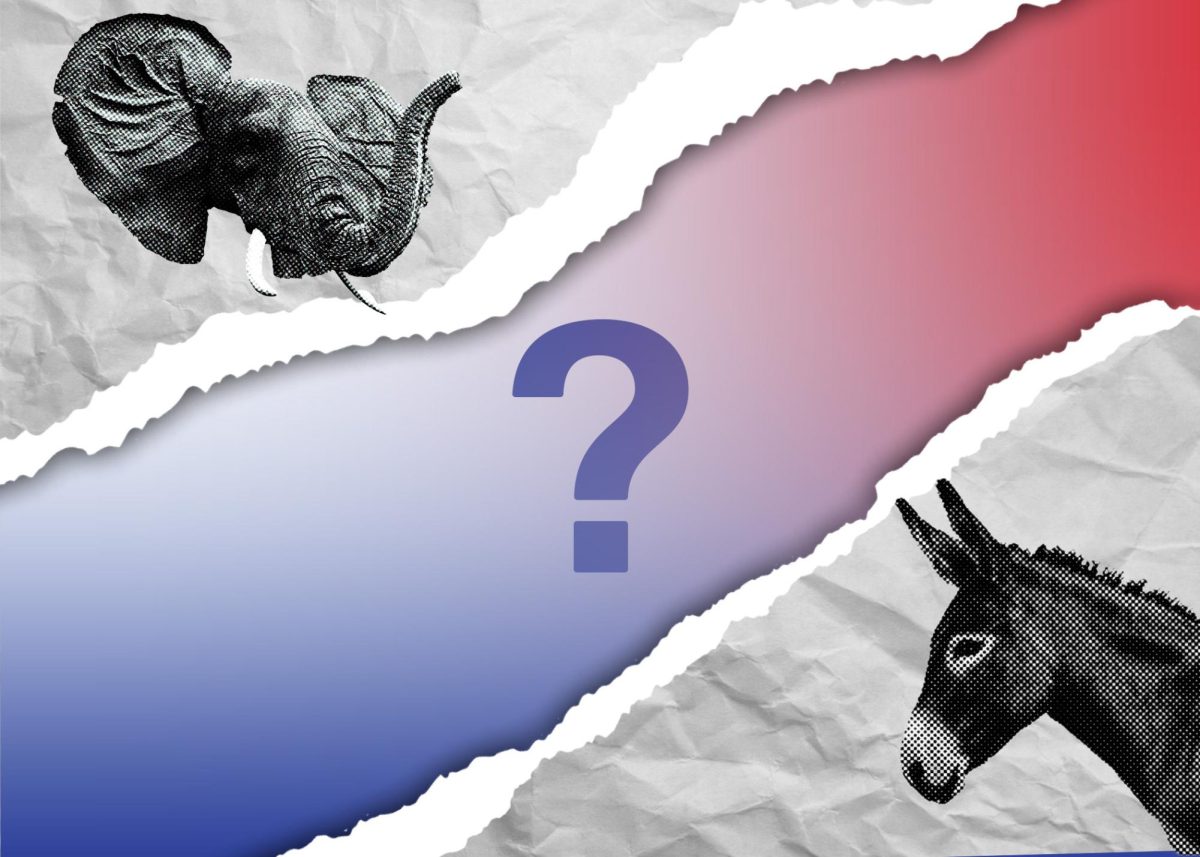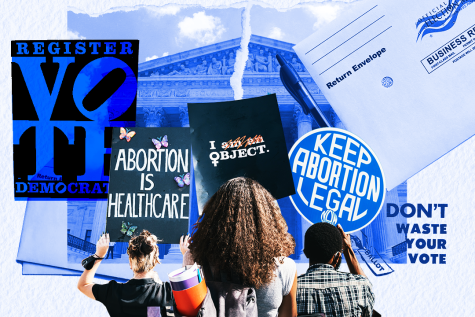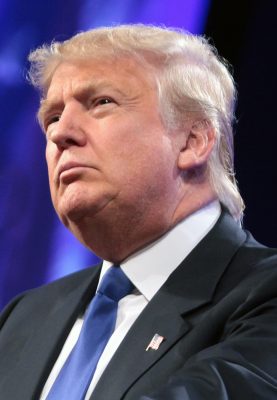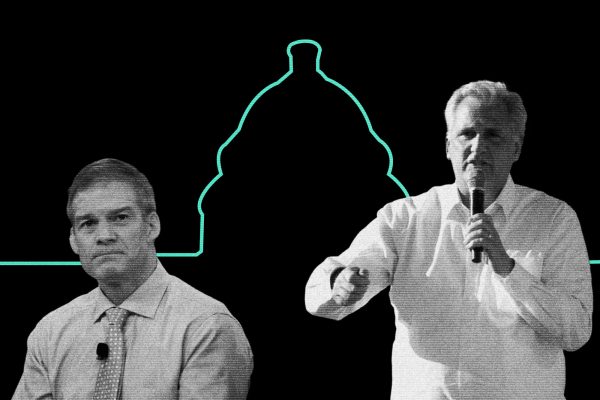Just 10 months after Rep. Kevin McCarthy of California was elected as speaker of the House, his chair sat empty on Oct. 3 following an ouster initiated by Rep. Matt Gaetz of Florida and the far-right Freedom Caucus. The latest bout of chaos in the House that resulted in Rep. Mike Johnson of Louisiana being elected as the 56th Speaker of the House is yet another example of partisan extremism that is corroding the foundations of American democracy as we know it.
The two-party system has proven itself to be volatile to internal divisions and insurmountable partisan politics. The natural next step is forming a coalition bipartisan government, beginning with three parties: the far-right Freedom Caucus, the traditional Republican Party and the Democratic Party.
This schism has been building for a long time, plagued by partisan vitriol and increasingly extremist legislative action for decades. The only way to save American democracy is to form a coalition government with three parties, wherein the Democrats, the Freedom Caucus and the traditional Republican Party can function as independent entities.
If the parties were split into three, it might better reflect the ideas of the populace. This would also allow for progressives and more moderate Democrats to divide if necessary.
If the House were to split into three parties, the Freedom Caucus would give the more united Democratic party the majority, making House minority leader Rep. Hakeem Jeffries of New York the congressional lead. Jeffries has proven himself to be a leader that can unify; he earned a plurality of votes for the speakership, so naturally, he should lead the House.
Jeffries has called on Republicans to form a bipartisan coalition government. In an op-ed published in the Washington Post on Oct. 6, he said that, “The House should be restructured to promote governance by consensus and facilitate up-or-down votes on bills that have strong partisan support.” If Republicans cooperate with Jeffries’ idea, it could radically shift how the U.S. governs and allow for more progressive legislation.
Splitting into a three-party coalition system would not only allow for legislation to come forward, but it would also encourage discussion and debate on the floor. It would shut down Republican political performances, such as the impeachment inquiry into U.S. President Joe Biden, and result in a spending deal with which a majority of the House is content. It would also prevent severe political acts, like the ousting of a sitting speaker, from happening as quickly in the future.
For three weeks after the ouster, the Republican Party struggled to gain enough support behind any candidate, rendering it unable to introduce or vote on any bills or budget measures in the meantime. Finally, on Oct. 25 — after multiple failed candidates and internal party ballots between nine potential nominees — Johnson was elected in a 220-209 vote.
While the issue resulting from a vacancy of the speaker seat has been temporarily resolved, this entire stint demonstrates the volatility of a two-party system reliant on strictly partisan propaganda.
This marks yet another stall in the democratic process for young voters, one which halted major and impactful legislation from coming into effect. Bills which would enact assault rifle bans, wider access to health care and congressional term limits are currently making the rounds through the chambers. The Supreme Court recently ruled that student loan forgiveness has to pass through Congress; without a legitimate speaker, no progress can be made on this or any other critical issue.
Outside of already proposed legislation that has been stalled due to the three-week vacancy, Democrats promised to place climate change at the center of their agenda. Without bipartisanship, they cannot move forward on any action on that front.
To sustain effective governance and continue to hold a leadership role on the global stage, the adoption of a three-party system is imperative.
At this point, any form of congressional bipartisanship seems unlikely, especially given the lack of unity on the right side of the aisle. The clashing factions of the Republican party are reluctant to engage in a coalition government because together they hold a slim majority in the House. While some may view this as an unlikely proposition, this is basically how the House is operating now.
Essentially, the Freedom Caucus operates as an independent entity separate from traditional Republicans. Just look at what they did to McCarthy — they have serious power.
Making this party shift wouldn’t be all that different from how the two parties function now. Additionally, three parties would better reflect the American electorate. Voters are increasingly undecided, and these divisions within the Republican party have proven to be frustrating for Americans. Many do not want to vote for Republicans in fear of being associated with the far-right agenda but are frustrated with the Biden Administration for a number of reasons including the economy, inflation and his take on foreign policy.
If the parties were split into three, it might better reflect the ideas of the populace. This would also allow for progressives and more moderate Democrats to divide if necessary.
Party realignments in American politics are nothing new; our country’s history is riddled with ideological changes that have redefined the national party structure. From the founding of the two-party system in the early 19th century until now, the system has evolved multiple times: from Democrats and Whigs, to Republicans and the Know-Nothings, and back to what we ultimately know today as Republicans and Democrats. Parties have shifted and will continue to realign with modern day demands.
These party realignments are necessary when there is no path forward. With the Freedom Caucus’ reluctance to put their weight behind any moderate candidate for fear of losing their far-right base and Democratic refusal to side with anyone remotely associated with former U.S. President Donald Trump’s Make America Great Again populist ideology, the speaker vote is not the last difficult one.
In American politics, party realignments have played a pivotal role in addressing partisan divides and reshaping the political landscape. The current impasse reflects profound and seemingly insurmountable differences. To sustain effective governance and continue to hold a leadership role on the global stage, the adoption of a three-party system is imperative. This model fosters increased discourse, transparency and efficient governance, all of which are essential for navigating the complex challenges of today.
















